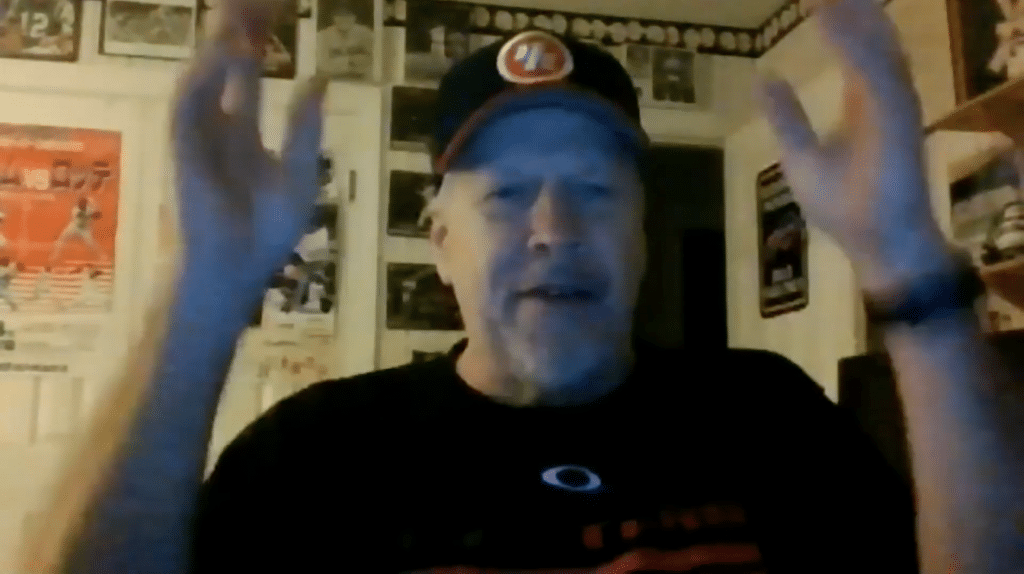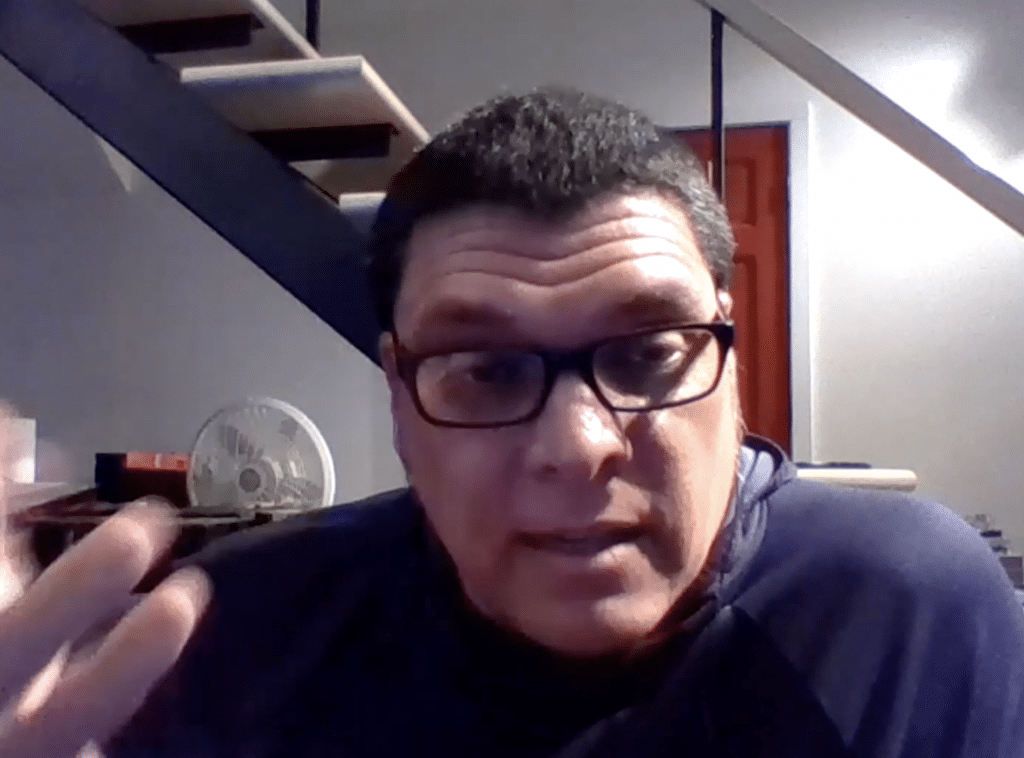Former NPB Stars Winters, Beirne, Mirabal talk Japanese Baseball Experience
The full transcript of the call can be found here.
One of the most important words to know when watching Nippon Professional Baseball (NPB) is gaijin, or “foreign player.” It refers to players that have crossed the sea to play in NPB, whether to gain more experience, put off retirement or even show off their talents to professional scouts in other leagues. And on May 21, three former gaijin joined JapanBall’s “Chatter Up!” to discuss their experiences with the league, and how it shaped them into new opportunities as players and people.
Matt Winters and Carlos Mirabal of the Nippon Ham-Fighters, along with Kevin Beirne of the Kintetsu/Orix Buffaloes and Chiba Lotte Marines, spoke about their different roles with their respective teams, whether it was for the dominant performance on the diamond, or for something completely different.
Winters is a perfect example of the latter, as he was known as the “Dancing Home Run King” by the fans in Japan. He talked about how he felt a little miffed at it at first, but learned to have more fun with it as it went on:

“One time I had a buddy of mine, Dick Beyer, a wrestler [who] was famous in Japan. I was out with him one night, and people [were] running and getting his autographs and he’s like, ‘How about this guy? He plays baseball.’ And they’re like, ‘Who?’ He goes, ‘Winters.’ They go, ‘Oh, dancer, dancer.’ I’m like, ‘I’ve got 30 home runs! Come on! This guy’s a pro wrestler. I got 30 home runs and I can’t sign an autograph!’ I had to keep my sanity somehow. And I just started having it and the Japanese fans liked it. But it was just on from that point on.”
Some players came to Japan for other reasons, including, in the words of Kevin Beirne, “to make a lot of money.” Beirne’s time with the Buffaloes and Marines came after a few years bouncing in Major League Baseball, and after just missing the playoffs with the Dodgers, he was pointed East by legendary Los Angeles Dodgers manager Tommy Lasorda… although he didn’t believe it at first:

“I get a phone call… And [I hear] ‘Hey, this is Tommy Lasorda, Kevin.’ And I’m thinking that it’s one of my buddies playing a prank on me… So Tommy goes, ‘Hey, Kevin. Tommy LsSorda, how you doing? How are you feeling? What do you think about making a lot of money?’ I’m like, ‘What are you talking about?’ And he goes, ‘Do you want to go play in Japan?’ It just sprung on me, you know, I didn’t have any time to think about anything. At the time I was like ‘it’s a no brainer.’ From there, it just kind of went on.”
Beirne also said that during his time in Japan, Lasorda would try to pump him up by reminding him that he was an American and what happened in World War II. He also mentioned playing with a great number of players and managers, including past “Chatter Up!” guest Bobby Valentine.
Although the gaijin were well-received by fans during their tenures, they found that reconnecting with them and their former teams after they retired was incredibly difficult; often there was a failure to connect, and the players would miss opportunities that Japanese NPB retirees would get. Carlos Mirabal, however, came up with an idea to help fix this missed connection: the Japan Retired Players’ Association (JRPA).

“So I met William Brooks… he contacted me about making some shirts, things like that, and then made some shirt designs, and then from there, we just started talking… He came up with this idea and we’re discussing it. He was like, ‘You don’t really see the foreign players really involved in Japan anymore. Once they leave Japan, it’s like they’re not really involved. And then some of them that are involved, they’re just not handled right. What do you think about this idea?’ It took us about a good year of discussing it, how to try to do it, how to get people involved from past players and things like that. So, then we came up with the Japan Retired Foreign Players Association. And then from there he turned the legal parts of it, and then from there, we just kind of started to try to get a little creative.”
The JRPA has now helped gaijin not only get the recognition they’ve missed from Japanese clubs, but also make money from sponsorships and royalties from video games. Beyond that, however, Winters said it was a way for former players such as themselves, who only played for a few years with different teams, to get back into the communities they loved to play in:
“But it’s the lost guys that get… three, four years and it gives them a chance to connect back in Japan. Anybody in our organization… has the same common thing: we love playing in Japan. We love Japan. We love the Japanese fans and want to help give back and reconnect with them.”
If you’d like to read more of the discussion, including the players’ full histories and other interests in baseball, the full transcript of the call can be found here; you can also watch the full discussion on JapanBall’s YouTube channel.
Between a dancing king, Tommy Lasorda, and an organization to reconnect all the missing links, the three men, though different, find a theme common to many here: a love for Japanese baseball.
